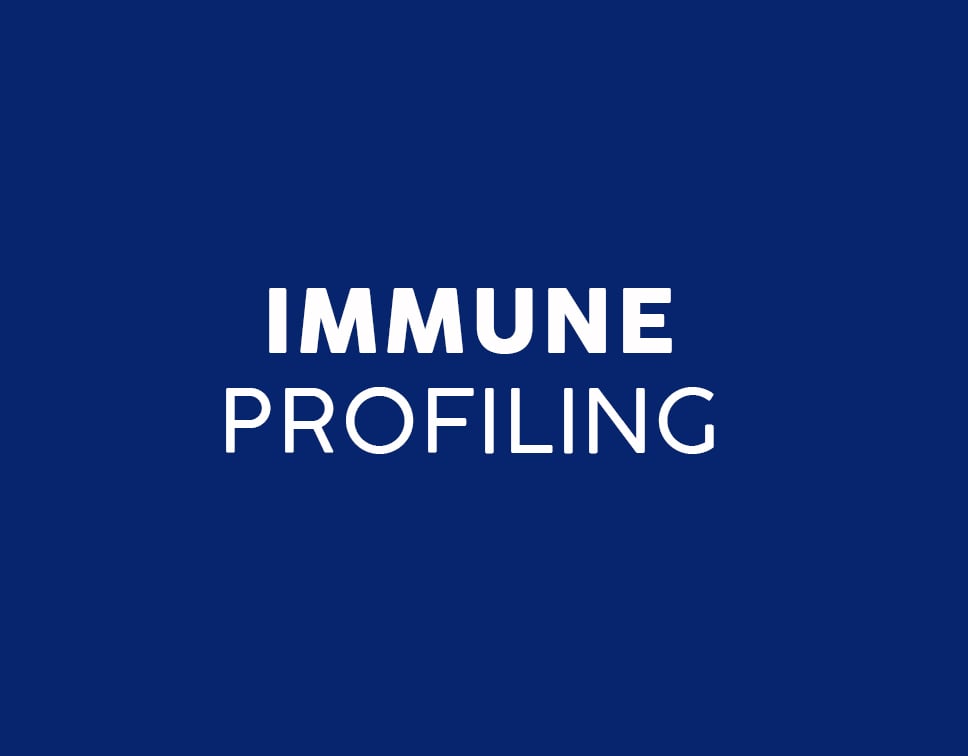Clinical Services
Clinical Genetic Testing
The right test. The right patient. The right time. Learn more about genetic testing options at Psomagen.
Our Clinical Services
Genetic Testing
Whether you are looking for prenatal testing, want to know your risk for heritable cancers or rare diseases, or need genetic testing for cardiac, kidney, or neuropsychological conditions, trust Psomagen’s precision medicine team to deliver actionable results.
Psomagen's extensive list of genetic panels offer diverse screening options.
What is genetic testing?
Genetic tests identify changes in genes, chromosomes, or proteins. These results can confirm or rule out a suspected genetic condition or help assess a person’s chance of developing or passing on a certain disorder.
Genetic testing involves looking for changes in DNA sequences to identify variations (mutations) that can cause or increase the risk of a disease. These tests can be narrow or large in scope, analyzing an individual DNA building block (a nucleotide), one or more genes, or all of a person’s DNA (which is known as their genome).
What Can You Get from Our Tests?
Psomagen’s diverse testing menu is driven by quality analysis, expert interpretation, and actionable reporting. No matter the type of testing you are looking for, we can help you find genetic answers.
Predictive and presymptomatic tests detect gene mutations that are linked to disorders that manifest later in life, after birth. These tests are beneficial for individuals who have a family member affected by a genetic disorder, but do not exhibit any symptoms of the disorder themselves at the time of testing. Predictive testing can identify mutations that increase an individual's susceptibility to developing disorders with a genetic foundation, such as certain types of cancer.
Presymptomatic testing can determine whether an individual will develop a genetic disorder, such as hereditary hemochromatosis (a disorder characterized by excessive iron levels), before any signs or symptoms become apparent. The outcomes of predictive and presymptomatic testing can furnish valuable information regarding an individual's risk of developing a specific disorder, aiding in the decision-making process concerning medical care.
Cardiac NGS Panels
Kidney NGS Panels
Neuropsychological Panels
Oncology Panels
ACMG Panels
Genetic Panel Best Practices
Turnaround Time
4–6 weeks, with expedited service available upon request.
Storage & Stability
Store saliva at room temperature, avoiding lengthy refrigeration and following the package insert, we recommend that the specimen be mailed to Psomagen soon after collection.
Current Sensitivity & Specificity
99%
Sample Labeling
The collection tube must be labeled with:
- The patient’s full name
- One additional unique identifier: Date of birth (MM/DD/YYYY), Medical record number, IB number (if placed by submitting clinician), Psomagen test order ID (RQ#)
- Specimen collection date
Methodology
Alignment and detection of variants were performed with DRAGEN bioinformatics pipeline Version 4.2.4, with GRCh38 as the human genome reference. All called variants are assigned a quality value for filtering. Based on whole genome sequencing validation studies, the pipeline showed precision and detection, >99% and >85% respectively, for SNVs in areas with coverage greater than 30x and high mapping quality.
Limitations
Sequencing lab processes and technologies differ and may affect the quality of the raw data provided to Psomagen and the accuracy of test results. Such limitations include but are not limited to:
Regions with low or no coverage,
Regions with mapping problems,
False positive and false negative errors from wet lab processes.
Additional Limitations Include:
-
Certain variations such as chromosomal changes, copy number variations, deletions or insertions (size >5bp), short tandem repeat (STR), and other complex variants, are not optimally detected with NGS. An additional lab test may be required to detect them.
-
Psomagen relies on dozens of data layers taken from various public and private resources which sometimes may be erroneous and affect results provided by Psomagen.
-
The interpretation provided by Psomagen for variants which are unknown in the scientific literature is provided as a suggestion for further investigation, and not as a definitive clinical result. It requires additional medical discretion by the ordering professional.
-
NGS interpretation by Psomagen is not a diagnostic test and results are provided for informational use alone. Errors of false positive or false negative may occur. All decisions regarding medical treatment based on the results of the tests may only be made by a qualified medical professional.
-
The genetic testing results are based upon scientific evidence available at the moment. Future research may reveal changes in the interpretation of previously obtained genetic testing results.





